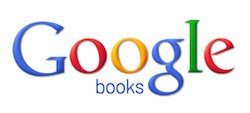…At least for now. Judge Denny Chin of the U.S. District Court for the Southern District of New York issued an opinion denying Google’s motion to dismiss the suit and granting a motion to certify the class of plaintiffs. Google had been sued for copyright infringement for making complete, digital copies of books for the Google Books project. The copyrights are owned by authors and photographers who are members of the Authors Guild and the American Society of Media Photographers.
Google has scanned 12 million books and given digital copies to libraries while making the text available for search on Google Books.
Two previous attempts to settle the case had been unsuccessful when objections from some of the copyright holders and the Justice Department resulted in the court not approving the proposed settlements. When the settlements fell apart, Google filed a Motion to Dismiss the suit and the plaintiffs filed a Motion for Class Certification. The two motions are intertwined as Google’s motion attempted to dismiss the case because the associations don’t have standing to sue on behalf of their members, while the associations were trying have the judge approve class action status for “[a]ll persons residing in the United States who hold a United States copyright interest in one or more Books reproduced by Google as part of its Library Project….” The court dismissed Google’s motion, allowing the associations to remain as plaintiffs, and granted the motion to certify the class.
Two things that are interesting are that this will simplify the case going forward and judge Chin does not appear sympathetic to a “fair use” defense by Google.
The case will be simplified because the associations will be able to act on behalf of their members. This means the individual association members will not need to directly participate. The creation of a class action will also simplify things, eventually. The certification of the class, while opposed by Google, may actually make an eventual settlement easier to administer. Imagine the letters you’ve received offering to pay you a portion of a class action settlement being sent to the all the copyright holders.
Judge Chin also appears less than sympathetic to a potential “fair use” defense by Google. To allow the associations to have standing, the participation of the individual members must not be critical. Google asserted that a “fair use” defense would require each copyright holder to participate to determine if the copying was allowable. On its face, the argument makes sense because many of the points of analysis of “fair use” require a review of the nature of the copyrighted work. Judge Chin, however, dismissed the argument noting “the sweeping and undiscriminating nature of Google’s unauthorized copying….”
Given that Google is now faced with a plaintiff class including all affected copyright holders in the United States, and a strong indication from Judge Chin that a “fair use” defense is a nonstarter, a new round of settlement negotiations may be around the corner. Of course, Judge Chin’s opinion can be appealed to the Court of Appeals for the Second Circuit.


